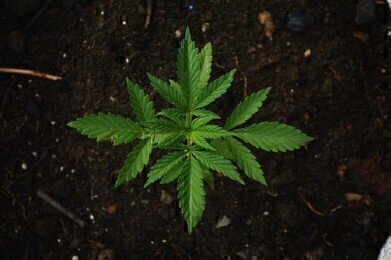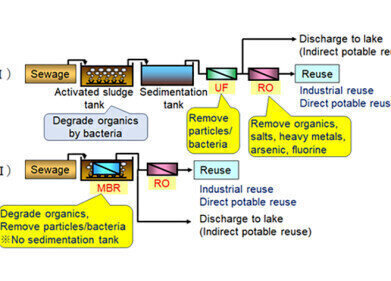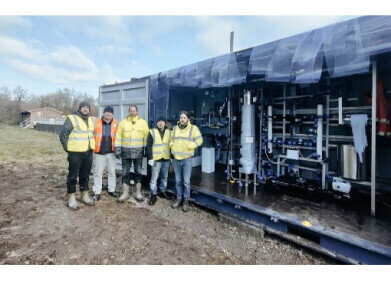Water/Wastewater
Does Marijuana Legalisation Affect the Environment?
Mar 29 2017
The ongoing debate about marijuana (AKA cannabis) legalisation is far from one dimensional. It affects healthcare, crime and of course the economy. But one thing that doesn’t get much attention is the environment. No, smoking marijuana doesn’t emit major amounts of greenhouse gases, but there are certain environmental aspects to legalising the drug. Read on to see the impact of marijuana production on the environment.
Recent history of marijuana legalisation
In 2013, Uruguay became the first country in the world to legalise the production, sale and use of marijuana. There have been several state legalisations in the US since then, such as Colorado, California and Nevada. But on a national level, Canada are set to be the next country to legalise the drug.
Around January 2018, cannabis will be legal for sale to the public in Canada. And by legalising it, the government benefit from the possibility of taxation. With sales of over a billion dollars already in the US state of Colorado, there will clearly be a positive economical result. But what about the environment?
Assessing the impact
According to a recent study, cannabis production is actually damaging in a number of ways. It’s mostly down to the specific requirements to grow the plant. Temperatures between 25-30 degrees Celsius are needed, as well as plenty of water – double that of wine grapes. It’s estimated that each plant requires over 22 litres per day.
The study also highlights the danger of water when it leaves the plants. With plants requiring several nutrients for proper growth, there is a possibility of pesticides and fertilisers entering water sources from the run-off. Further to that, there may be emissions affecting nearby air quality and even impacting on the health of workers who are regularly exposed to these conditions.
Moving forward
Conducted by researchers at Lancaster University and the University of North Carolina, this introductory study presents a set of potential analyses to define exactly how cannabis production impacts its nearby environment. Because of the current transition period of the industry, the next steps could be huge in providing methods of good practice before the industry grows further.
There are ways to make production more environmentally friendly, after all. ‘The Use of Digestate as an Organic Fertiliser’ looks at how anaerobic digestion can help make farming operations more environmentally friendly. By using nutrient-rich organic fertilisers, we can replace inorganic alternatives and eliminate some of the detrimental effects.
Events
May 05 2024 Seville, Spain
May 13 2024 Munich, Germany
May 23 2024 Beijing, China
May 23 2024 Beijing, China
Jun 10 2024 Algiers, Algeria













